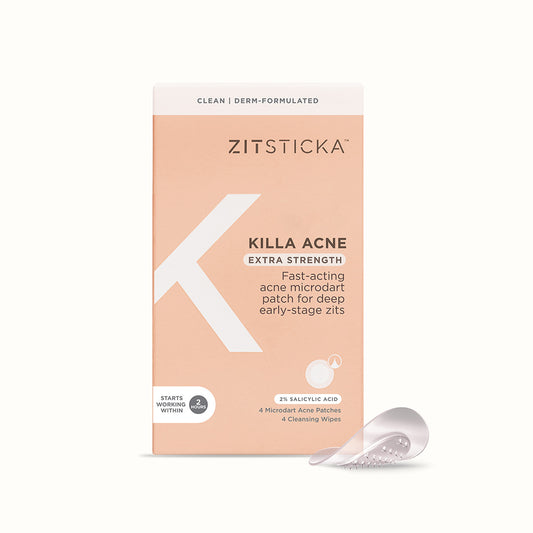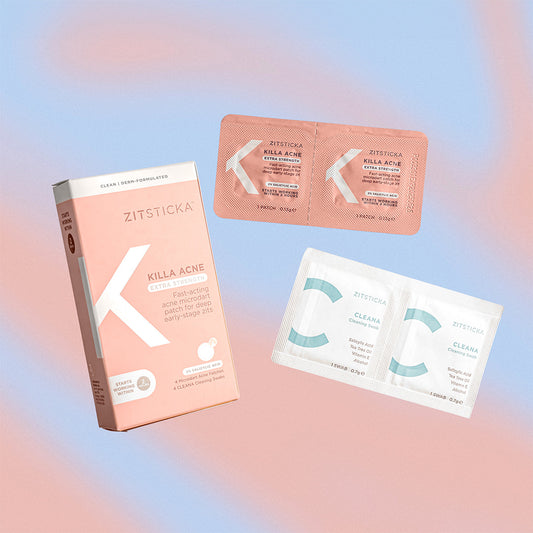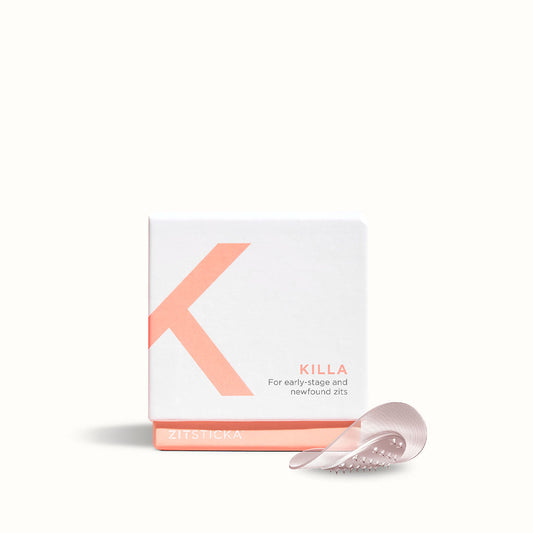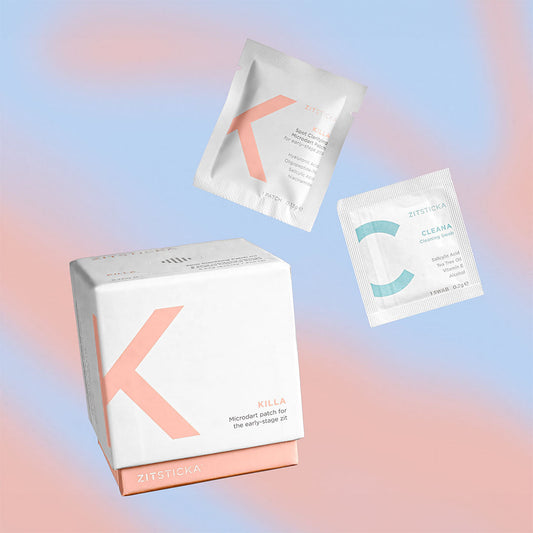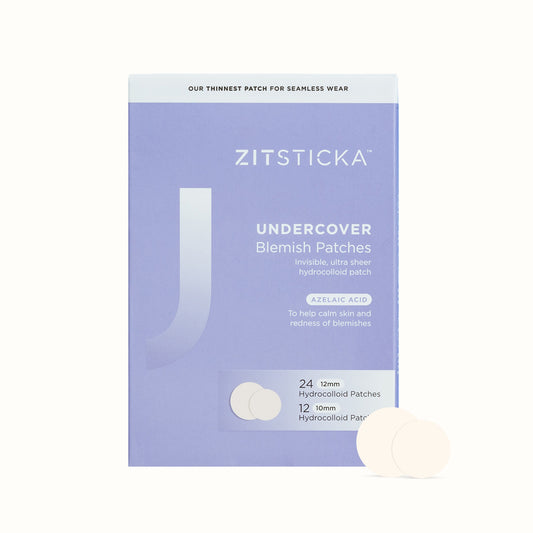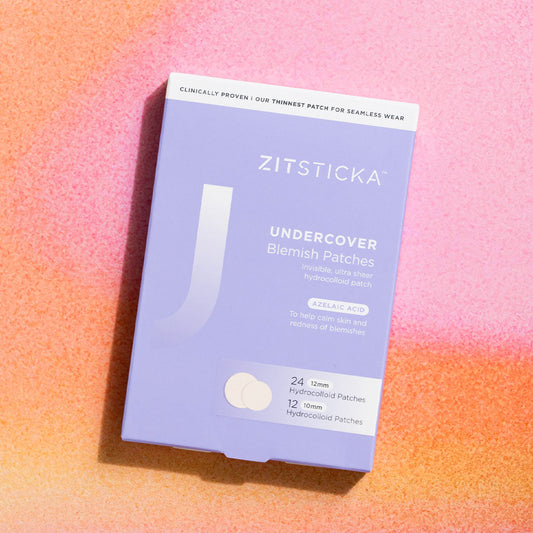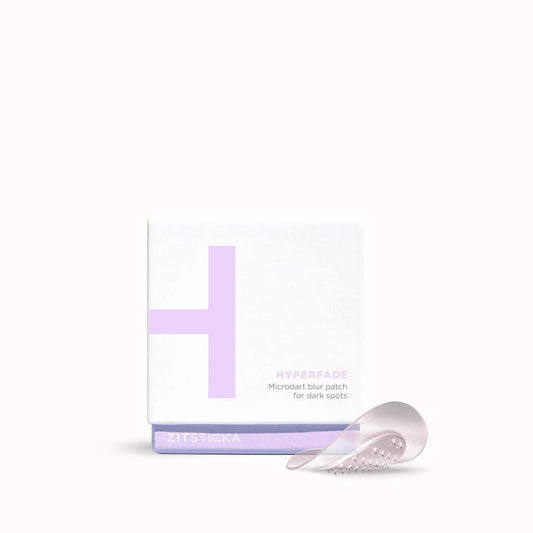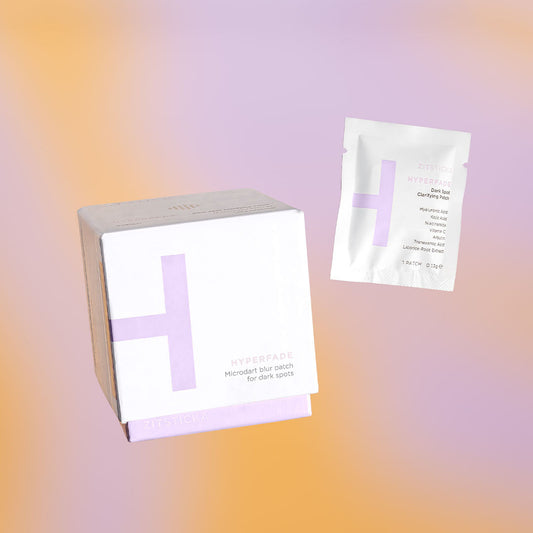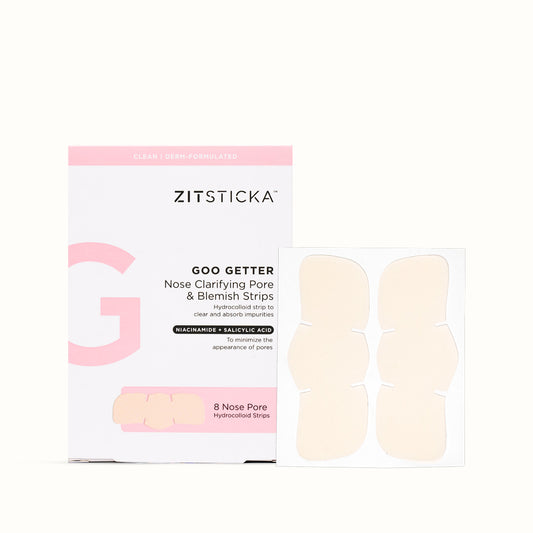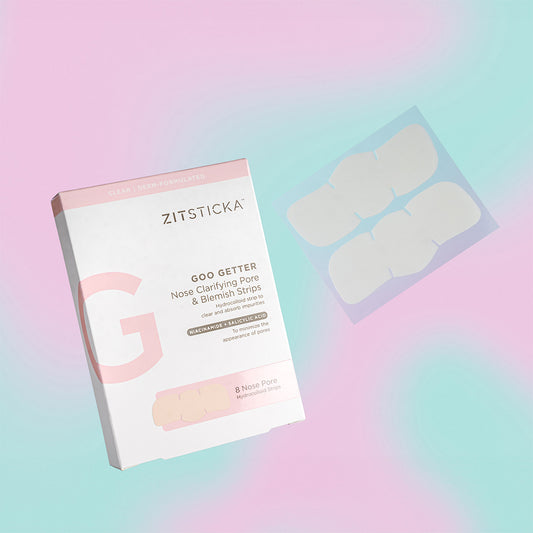Getting your monthly period is not the most beautiful or wonderful or fun of times. Along with the cramps, cravings, moods and products you have to spend actual money on, your face might kindly decide to gift you a splattering of cystic zits. Not ideal. We spoke with Hilary Fischer-Groban, Brand Director at revolutionary period underwear brand, Thinx, about the science behind monthly breakouts, balancing your hormones and why TF you get the same zit in the same spot every month. Hint: to keep hormonal acne and all other PMS symptoms at bay, try MOOD FOOD!
ZS: What's the science behind breakouts coinciding with periods?!
HFG: It all comes back to your hormones—throughout your menstrual cycle (typically 28 days), specifically the hormones progesterone and estrogen fluctuate. Your skin, which is your body’s largest organ, responds to those hormones in a number of seemingly uncontrollable ways. So when your hormones peak during your pre-menstrual phase, they can cause skin inflammation, increase oil production in your pores, and basically work together to make your skin miserable.
Can we actively do anything ahead of our periods to reduce these breakouts?Sticking to a skincare routine is key! And a pro-tip: Don’t let your phone touch your face! The surface of your phone is gross, I promise!
When you are approaching your period, it’s a good idea to be a little gentler on your skin since it’s at its most sensitive. Avoid heavy foundation that can clog your pores, change out your pillowcase for a clean one, and skip anything abrasive like exfoliating or shaving. You might not want to hear it, but if you’re really struggling with hormonal acne, it’s also a good idea to check out what you’re eating—the junk food we typically crave due to PMS may not be conducive to maintaining clear skin. Is it possible to "balance your hormones"? How would one do this, and could it help monthly breakouts?
Is it possible to "balance your hormones"? How would one do this, and could it help monthly breakouts?
If your skincare regimen is just not doing the trick, it might be time to have a chat with your doctor. A lot of people use hormonal birth control to regulate their cycle and get a handle on monthly breakouts—but of course, starting a new medication might not be the right choice for you. If you’re not interested in starting a birth control, a dermatologist would also be able to make other appropriate recommendations based on what your skin needs.
But like, why do hormonal pimples insist on turning up in the same spot all the time?!!?!?!?!?!
Chances are, that means that the blemishes aren’t really ever leaving, they’re just receding into the clogged pores and then flaring up to the surface of your skin again when your hormones are out of whack.
The next time you’re shopping for acne cream, look for bacteria-fighting ingredients and anti-inflammatory properties. A few over-the-counter options include benzoyl peroxide, salicylic acid (ed note: SA is in ZitSticka), and tea-tree oil—if those aren’t cutting it, chat with your doctor.
How come some months our PMS symptoms are worse than other months? And is it just my imagination that the betterment of one symptom (i.e. acne) seems to happen in tandem with other improvements (e.g. mood swings)?
Feeling like all your PMS symptoms are better (or worse) certain months makes sense, because those symptoms are your body’s way of reacting to fluctuating hormone levels. While your menstrual cycle is always caused by the ebb and flow of the same hormones, there are a ton of factors that affect how your body reacts to those hormonal changes. A few of them are related to lifestyle, like how healthy you’re eating or how much you sleep. Sometimes, things like illness and your stress levels are enough to throw your period for a loop.
One simple way to tackle seemingly irregular PMS symptoms is to start recording any changes to your body and reporting them to your doctor. Tracking PMS in general will help you notice patterns, and your doctor will be able to let you know if they aren’t okay. This is actually how I learned I get menstrual migraines, and now I’m able to get ahead of them.

